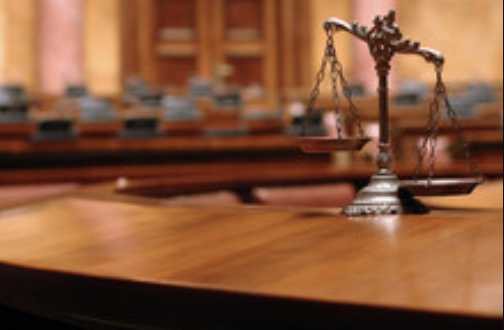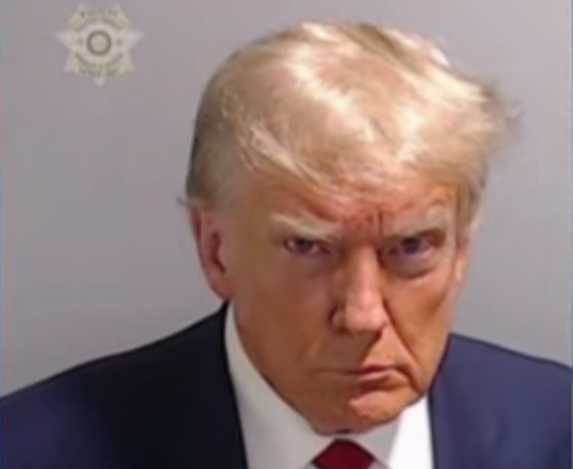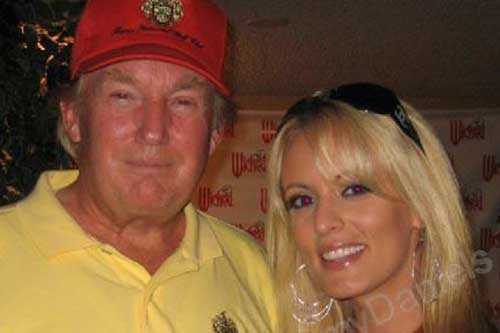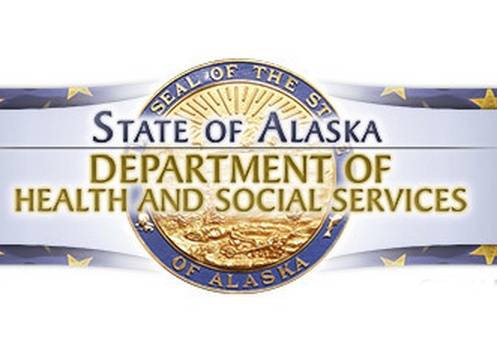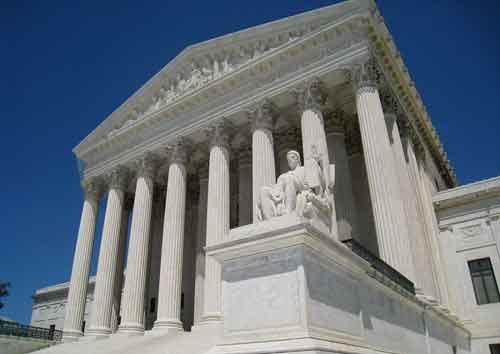Trump has denied both affairs and all 34 charges he faces in the New York case, including that he directed his one-time political fixer, convicted perjurer Michael Cohen, to make the payment to Daniels and then reimbursed him during the first year of his presidency in 2017 — all the while labeling the monthly stipends to Cohen in Trump’s business records as legal expenses.
As he arrived for the trial on Tuesday, Trump told reporters, “I was paying a lawyer and marked it down as a legal expense. That’s exactly what it was.”
Altering his company’s ledgers would be a misdemeanor offense, but to convict Trump of a more serious felony, prosecutors will have to convince jurors he committed an underlying crime, such as trying to influence the outcome of the 2016 election by keeping information about the alleged affairs from voters.
It is not illegal to pay hush money, and Trump may claim the payments were made simply to avoid disclosure of personally compromising moments of his life, not to try to influence the 2016 election.
The eventual 12-member jury will have to reach a unanimous decision of either a guilty verdict or acquittal. If the jurors fail to agree among themselves, there would be what is called a “hung jury,” leaving the prosecutors to decide whether to seek a new trial.
Each of the charges carries the possibility of a four-year prison term, although Trump is certain to appeal any guilty verdict and sentence.
The New York case is one of an unprecedented four criminal indictments Trump is facing encompassing 88 charges, all of which he has denied.
Two of the other indictments — one state and one federal — accuse Trump of illegally trying to upend his 2020 loss, while the third alleges that he illegally took hundreds of highly classified national security documents with him to his oceanside Florida estate when his presidential term ended, and then refused requests by investigators to return them.
No firm trial dates have been set in any of those three cases and Trump has sought to push the start dates until after the election.
If he wins, he could seek to have the federal charges dismissed. In any event, if he assumes power again, he would not be tried during his presidency.
[content id=”52927″][content id=”79272″]
Pages: 1 2

